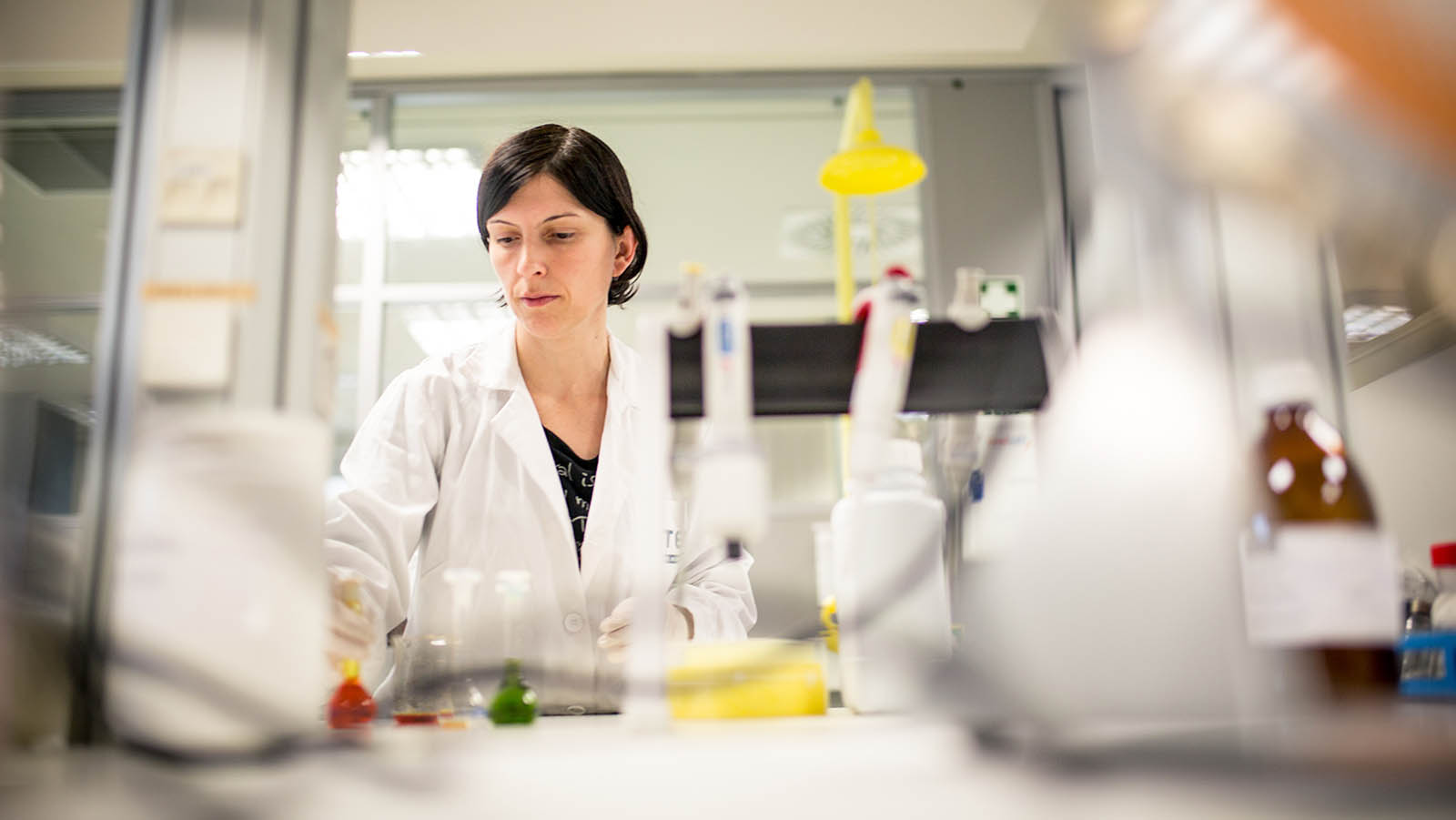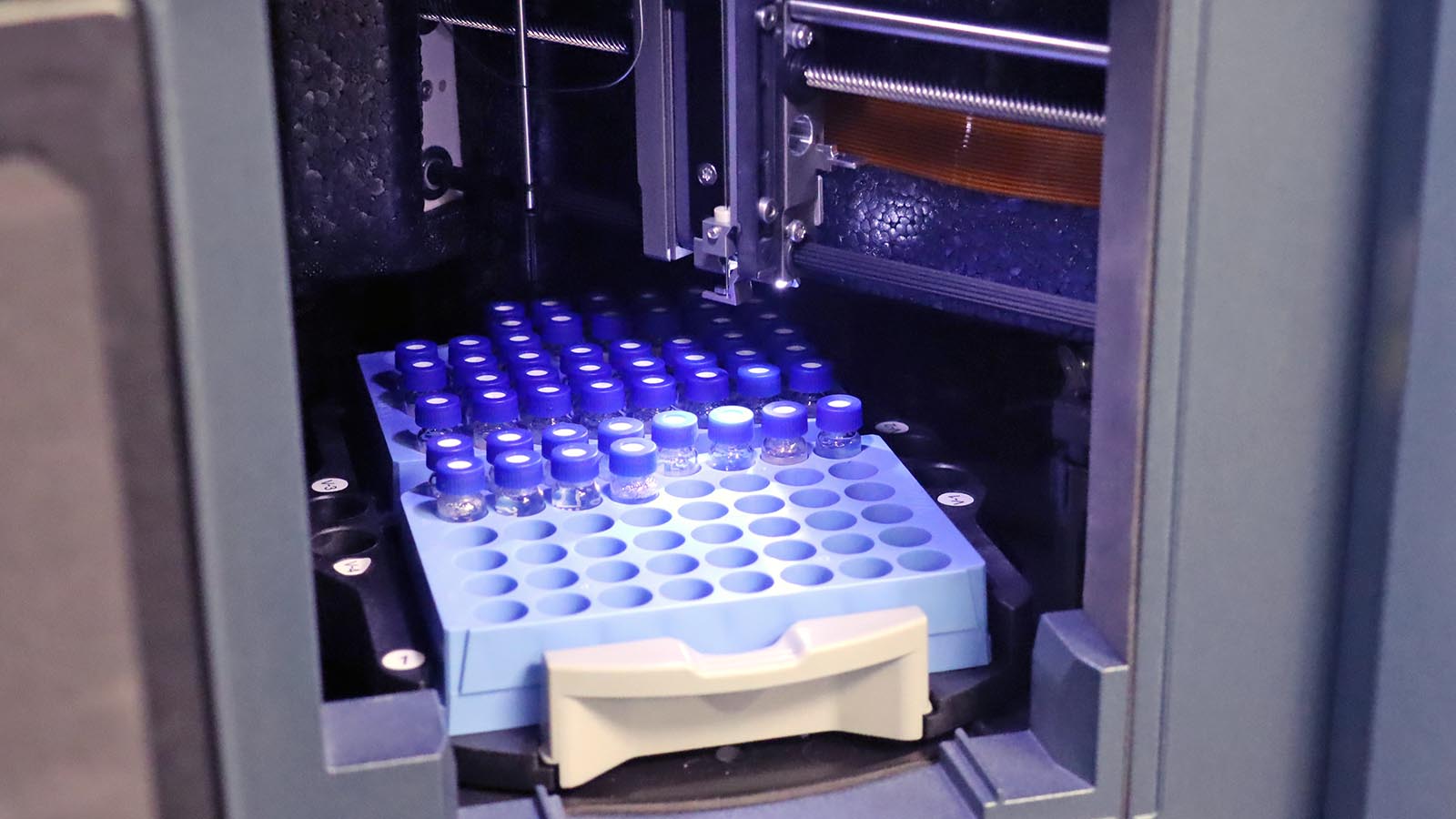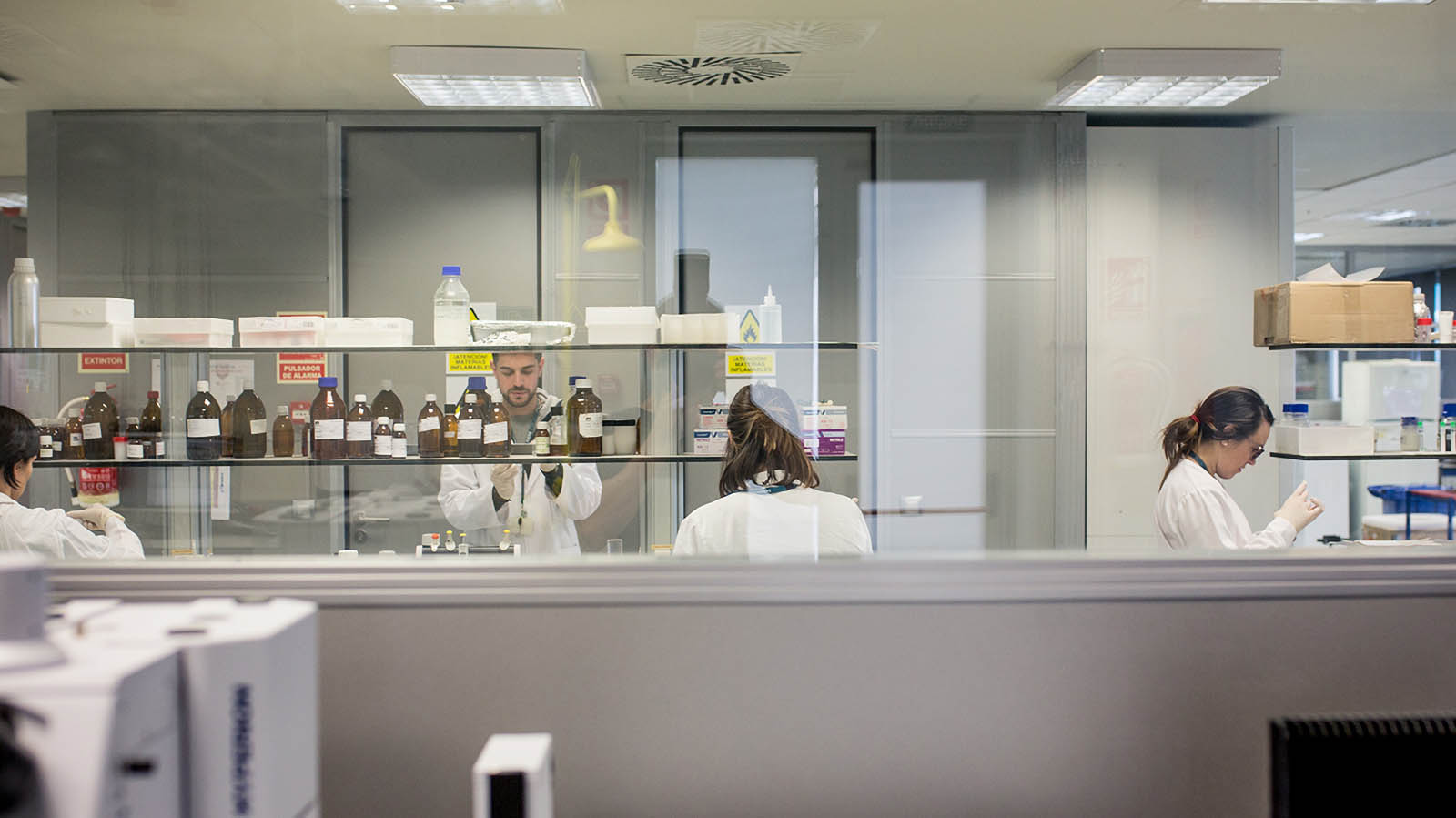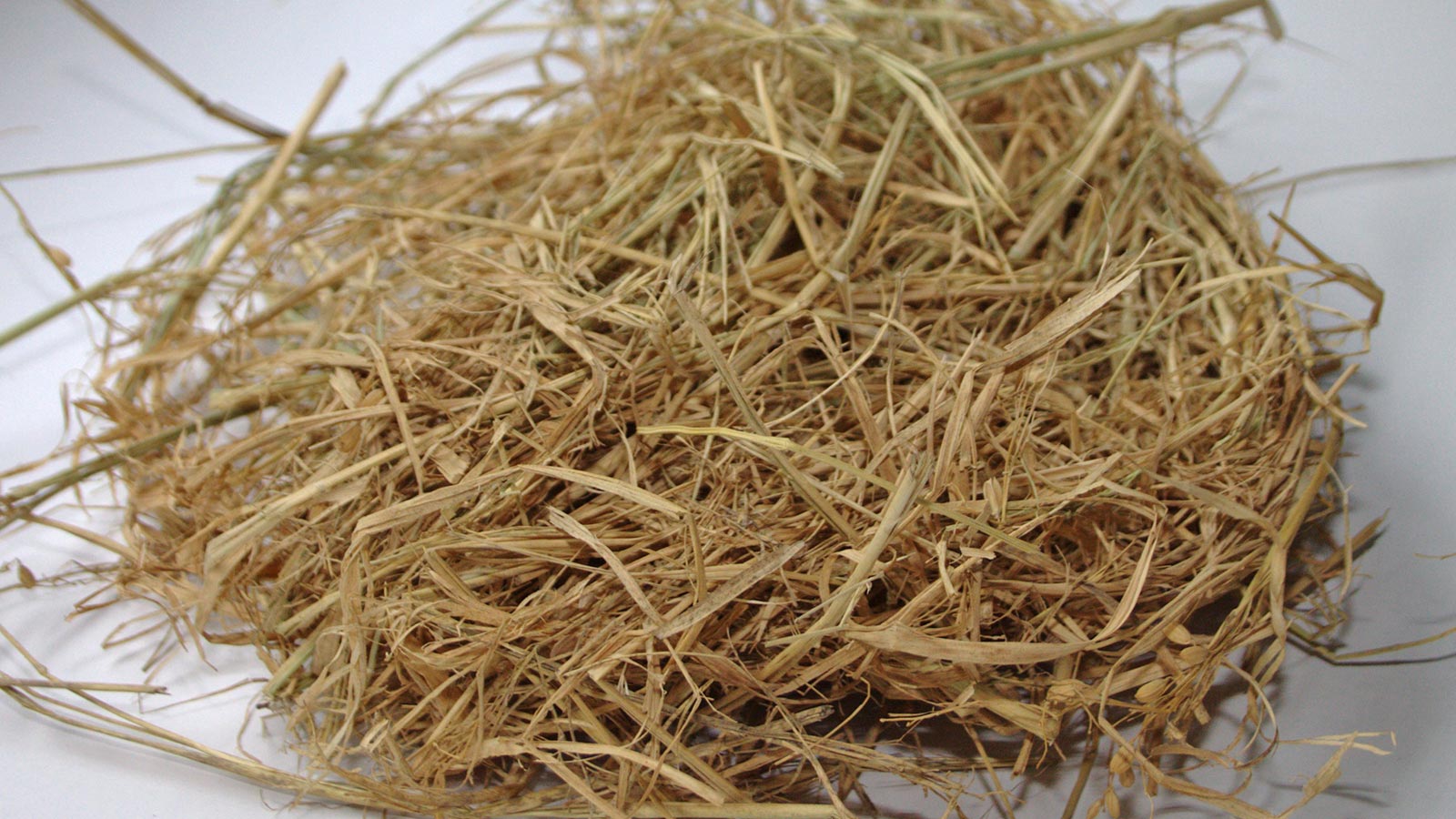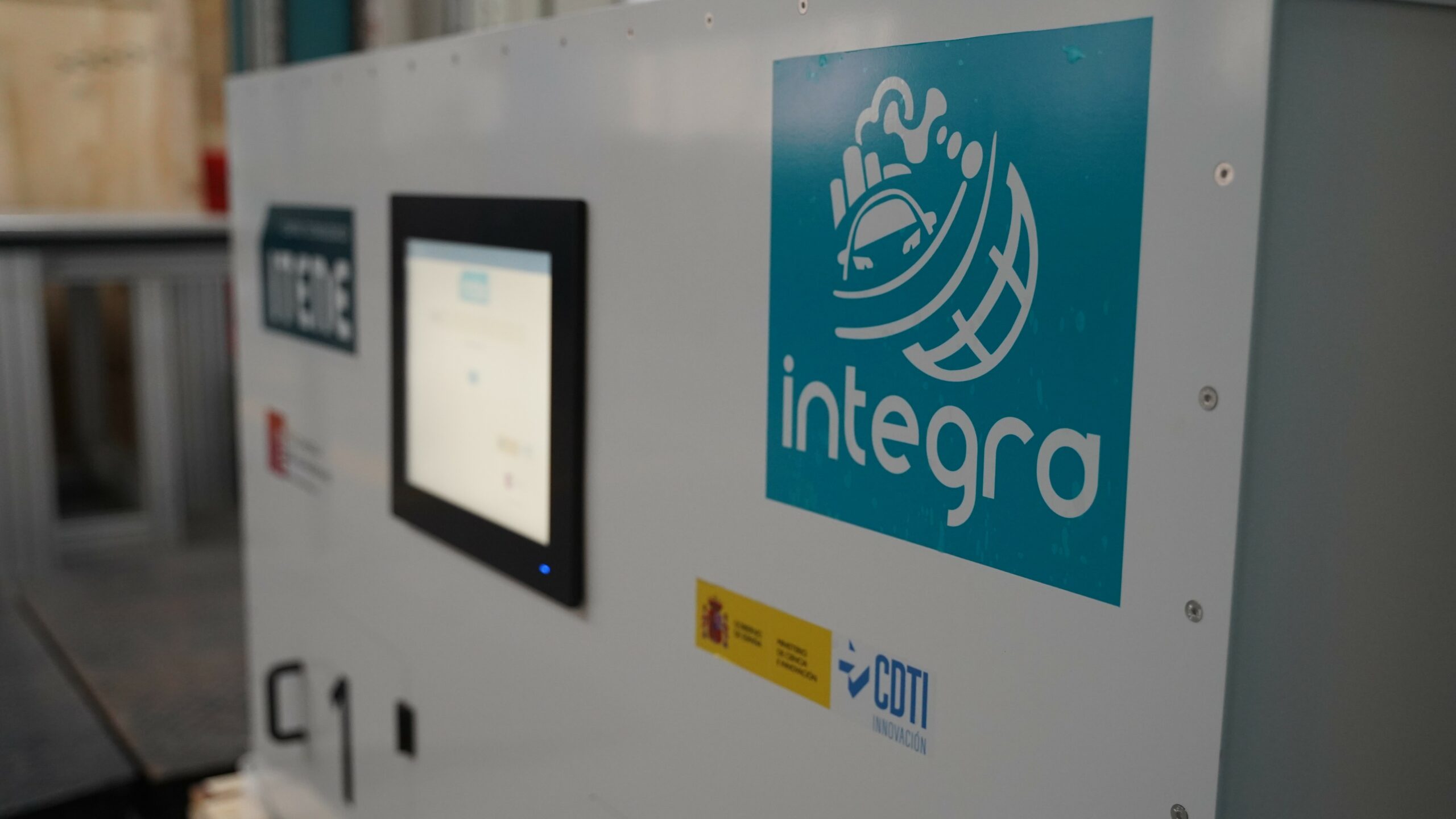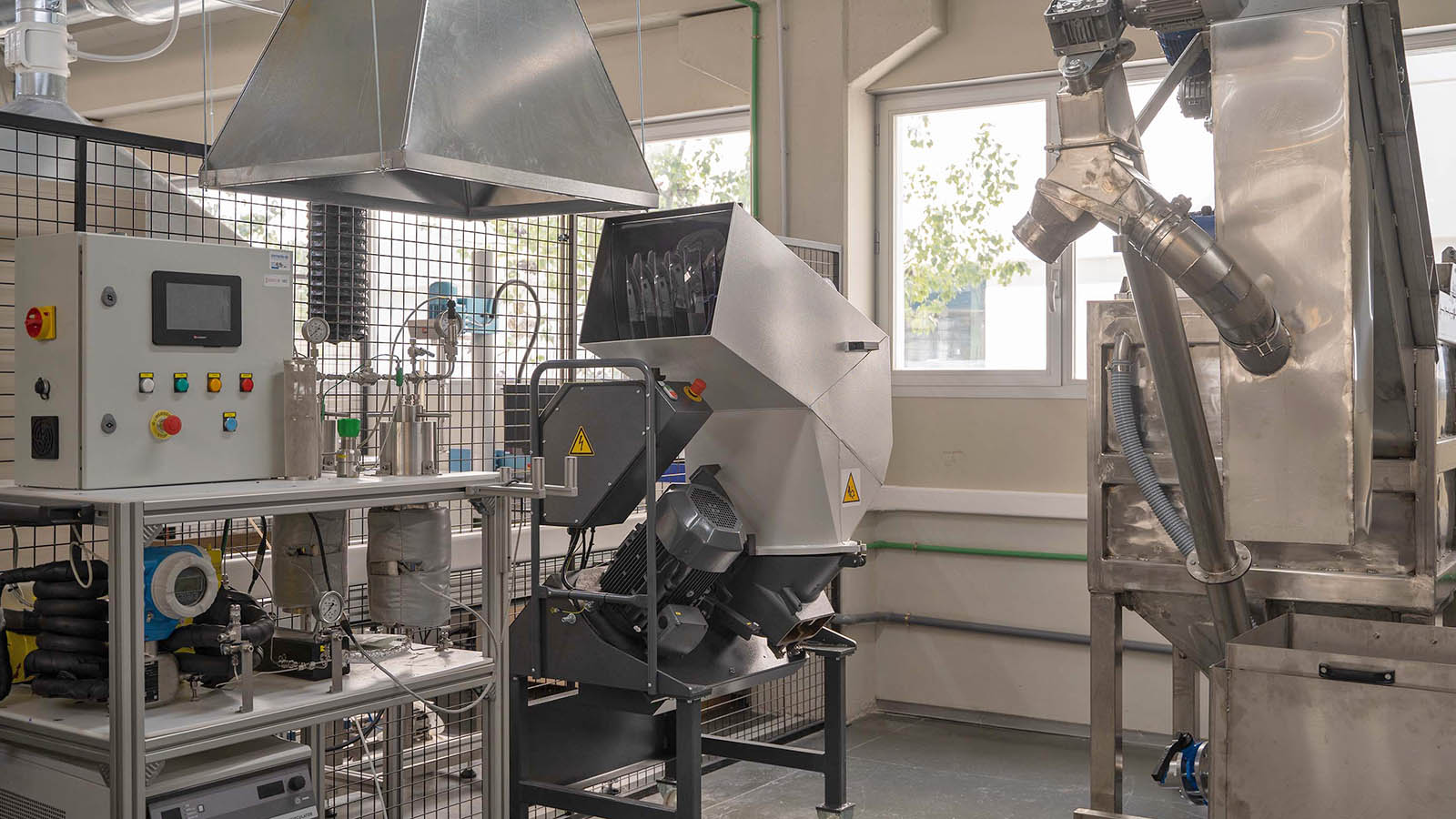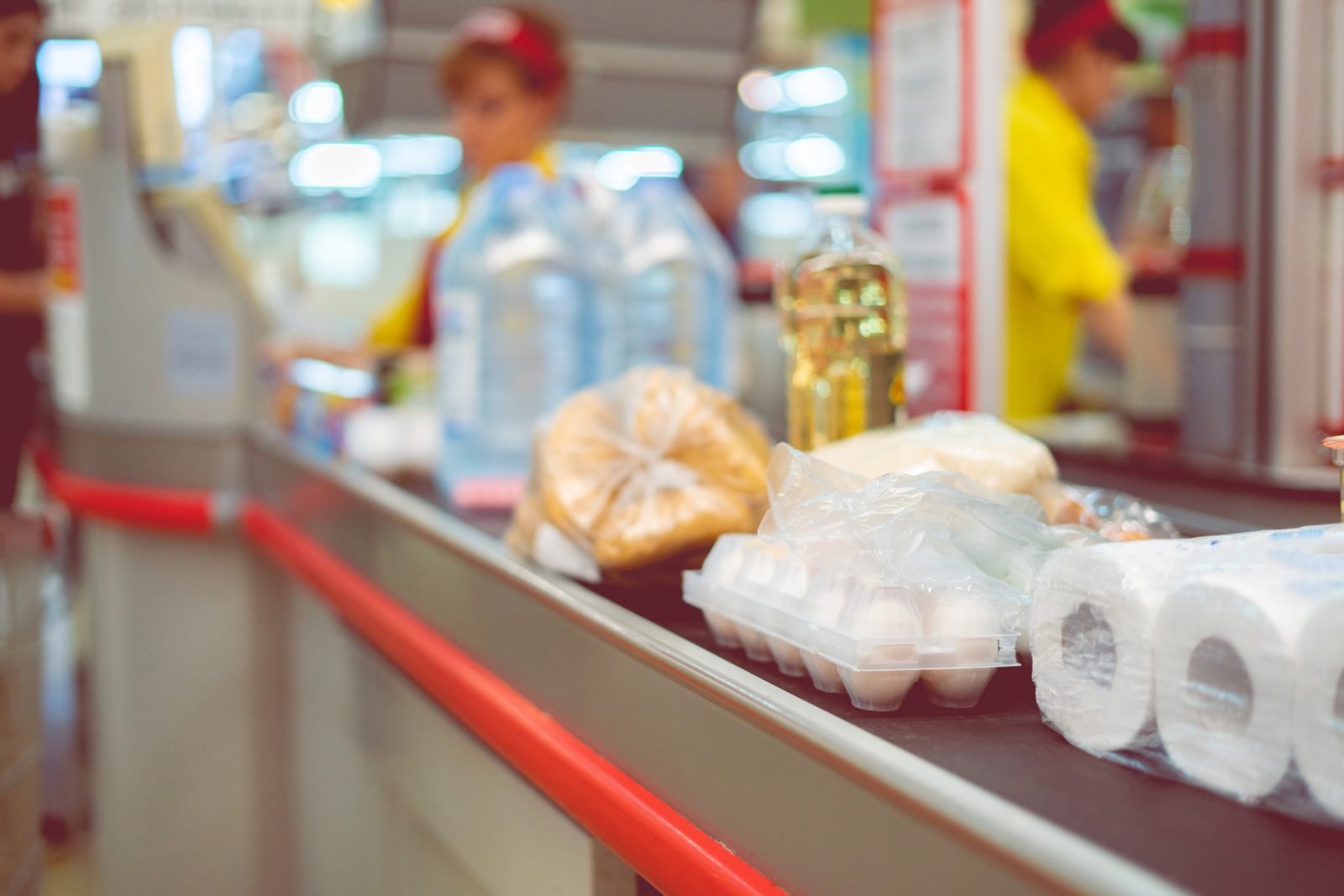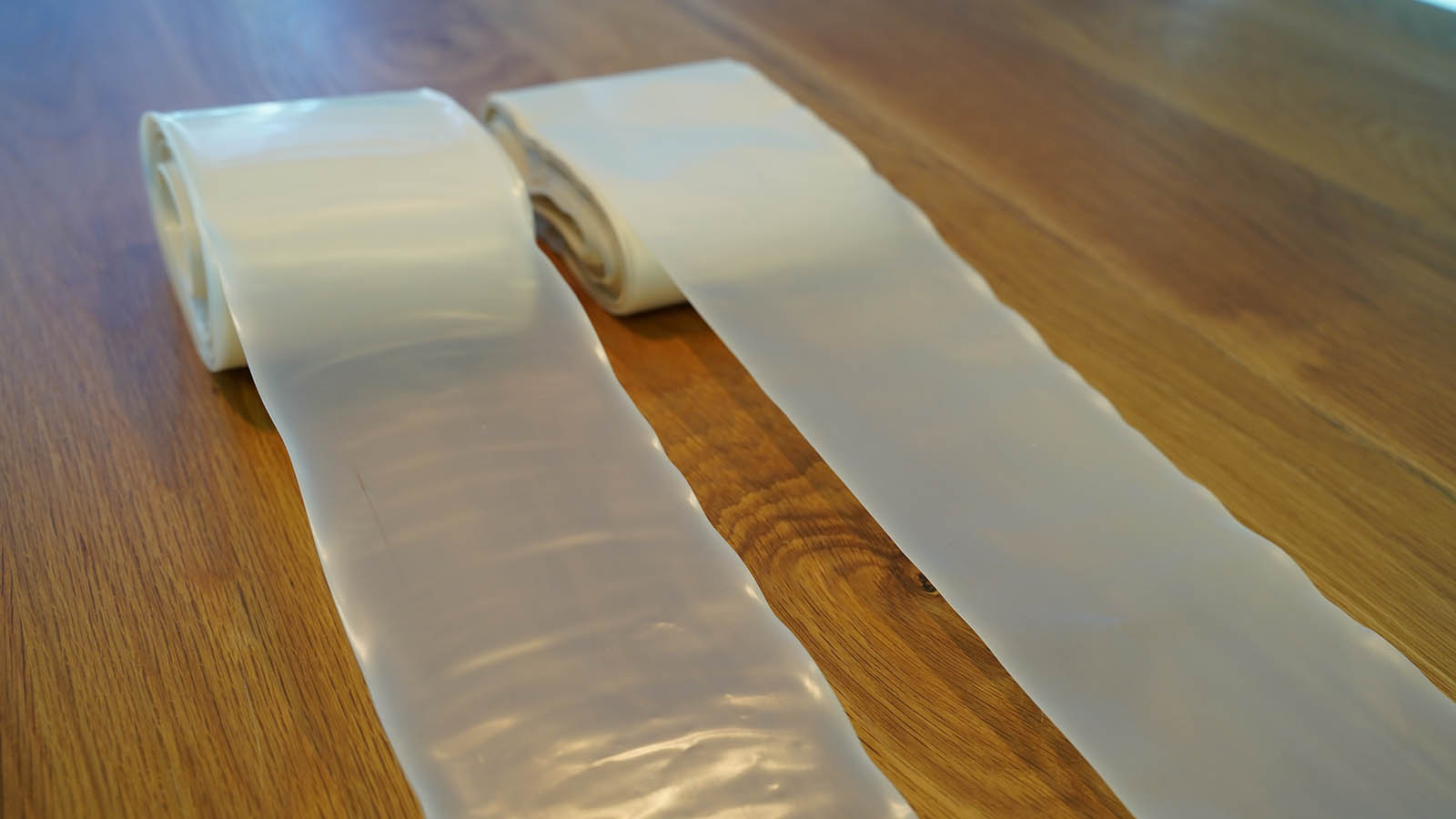Food safety
ITENE checks the safety of materials in contact with novel and conventional food, cosmetics and pharmaceuticals to ensure the quality of the packaged product under European and international legislation.
Help with ensuring food safety in packaging and other food contact materials
At ITENE we help you to successfully resolve issues related to packaging safety and compliance with legislation on food contact materials by delivering a range of services:
-
We deliver bespoke advice and consultancy services, including reviewing the declarations of conformity of each material and drawing up a testing strategy, to check the material’s safety for contact with foodstuffs and cosmetic products and ensure it complies with legal requirements.
-
We provide testing services for checking the compliance of materials with the requirements of the EU and its member states, the USA (FDA) and Mercosur:
- Setting out the testing strategy for checking the compliance of materials for food contact and with cosmetic products.
- Checking compliance with overall migration limits and with the specific migration limits and maximum residual amounts under Regulation (EU) No 10/2011 on plastic food contact materials.
- Checking the restrictions in Annex II of Regulation (EU) No 10/2011 on the specific migration of metals and primary aromatic amines.
- Checking the compliance of all types of food contact materials with FDA regulations.
- Checking paper and cardboard food contact safety according to BfR XXXVI, French regulations, Dutch legislation, etc.
- Checking heavy metal content as per Directive 94/62/EC.
- Detecting and identifying non-intentionally added substances (NIAS) in the material using advanced chromatography techniques.
- Developing new analytical methods at the customer’s request.
- Assessing polyolefin decontamination efficiency in recycling processes and validating the effectiveness of using functional barriers for adding recycled material to food packaging.
- Support in running challenge tests for assessing polymer recycling process decontamination efficiency. Contamination of flakes and quantification of contaminants after the validated decontamination process.
-
We provide technical assistance and support during the entire process of drawing up, submitting and evaluating technical dossiers to international and national risk assessment agencies (e.g. EFSA, FDA, BfR, etc.) to get authorisations for new substances for food contact materials. This includes:
- New substances for inclusion in plastic materials
- Substances in nanoform
- Plastic recycling processes
- Active and smart packaging
- Food additives
-
- We support you in implementing Good Manufacturing Practice legislation for food contact materials or articles.
- We provide compliance assessment services and monitoring of new developments in European and American legislation applicable to food contact materials and cosmetics and pharmaceutical materials.
-
We deliver custom-made and specialised training services to successfully address packaging safety issues and compliance with legislation and regulations applicable to food contact materials and articles.
-
We provide documentation services to demonstrate material conformity:
- Substance risk assessment.
- Information and documentation management throughout the supply chain:
- Adequacy analysis of documents from suppliers
- Support in issuing documents to customers/authorities (Declaration of Conformity)
Recycled material food safety processes
ITENE provides support to detect and identify NIAS (non-intentionally added substances) in various types of food contact materials such as plastics, recycled plastics, paper and cardboard.
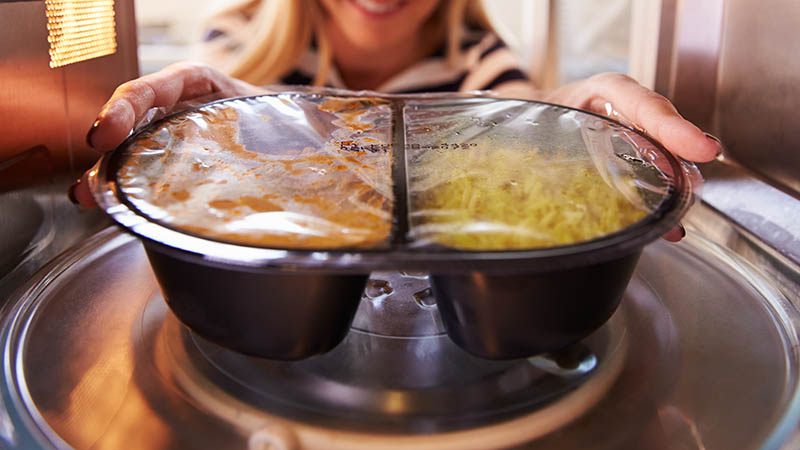
NIAS may be impurities or breakdown products of the material’s own constituent substances which could migrate into the end product and be potentially harmful to health.
ITENE has laboratories, expert staff and state-of-the-art equipment to conduct appropriate risk assessment, convey it to the producer and distributor chain and thus perform the controls needed to ensure the materials’ safety.
-
Compliance with Regulation (EC) No 282/2008 involves checking that plastic material decontamination and recycling processes are appropriate for generating a material suitable for food contact.
-
New plastics with properties similar to virgin plastics can be developed by producing monomers and compounds identical to the initial materials. Their suitability for use in food packaging is governed by Regulation (EU) No 10/2011.
-
When using recycled fibres to produce paper intended to come into contact with food, it is essential to carefully select the grade of paper to be recycled and the cleaning methods whilst also checking for potential migration of typical contaminants in the recyclate from inks, adhesives, non-food additives, etc.
At ITENE we identify these kinds of contaminants on the basis of legislation applicable to paper and cardboard for food use along with other substances of special concern such as MOSH (Mineral Oil Saturated Hydrocarbons) and MOAH (Mineral Oil Aromatic Hydrocarbons), heavy metals, phthalates, and bisphenol A.
Benefits and outcomes
The deployment of processes and technologies to ensure the safety of packaging materials enables:
- Compliance with legislation.
- Meeting the high quality and safety standards which packers expect from their suppliers.
- Giving consumers safety and certainty.

-
How can I help you?
Nuria Herranz
Technological Consultancy, Technical Assistance and Innovation Manager
